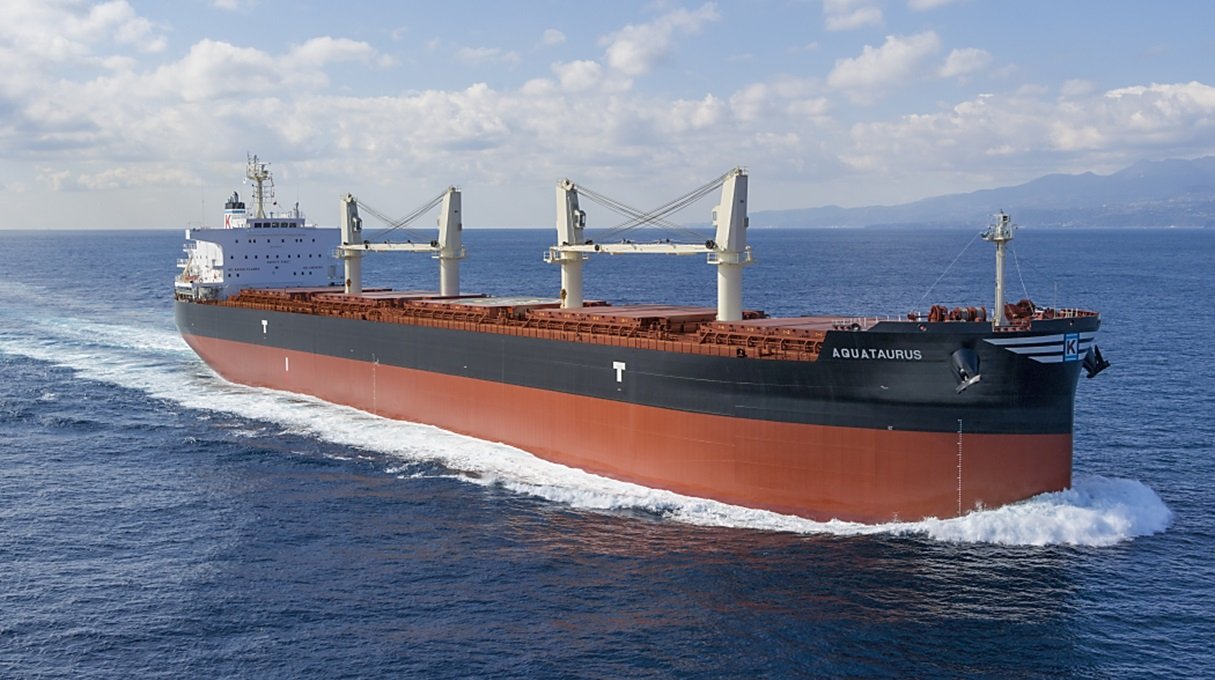To track this development, they analysed the evolution of announced blank sailings for the four-week Golden Week period (weeks 40-43) on a weekly basis, capturing the data from week 32 through week 38. This allowed them to see, not only the total capacity withdrawn, but also the timing of the announcements by each alliance, revealing clear first-movers and latecomers.
Figure 1 shows the Asia-North Europe percentage of blanked capacity (as of weeks 32-38). The alliance-level strategies on the Asia-North Europe trade lane, shown in Figure 1, exemplify these divergent approaches. Premier Alliance was the definitive first mover, announcing significant blank sailings from the beginning of the analysis period in week 32. Ocean Alliance also began early, but with a more cautious approach before accelerating sharply in week 37.
In contrast, MSC and Gemini were late movers, waiting until week 36 to implement any significant capacity withdrawals. While Gemini used a ‘one-and-done’ approach i.e., reached current levels of capacity reduction with the initial wave of blank sailings, MSC’s subsequent acceleration in week 36 was the most aggressive of any alliance in the final weeks.
While the strategies differed, the outcome is that the recent surge in cancellations has brought overall capacity reductions on these trades, roughly in line with historical levels.
The post Sea-Intelligence: Golden Week Blank Sailings Accelerate appeared first on Container News.





